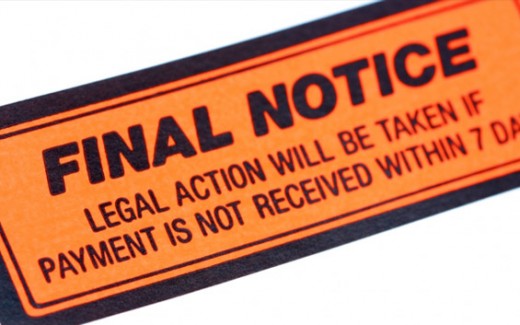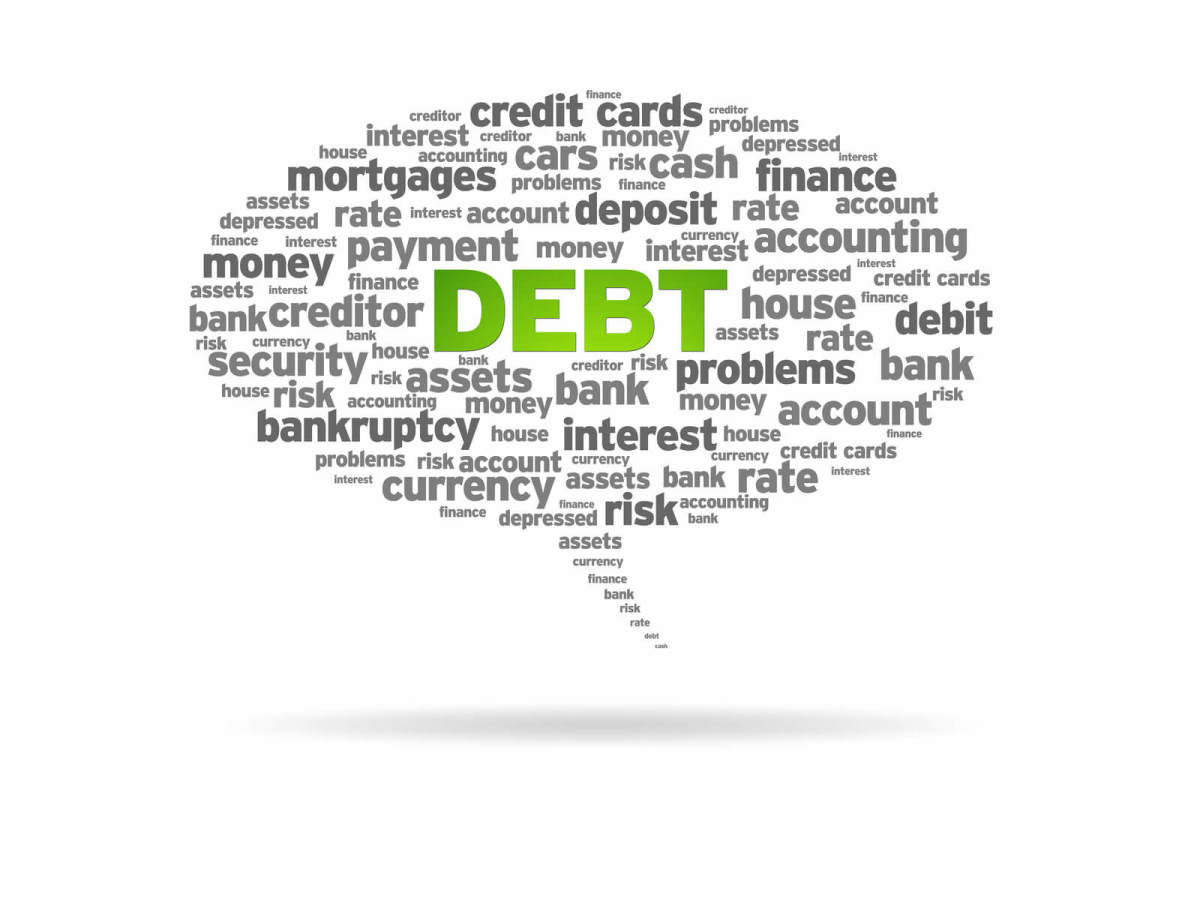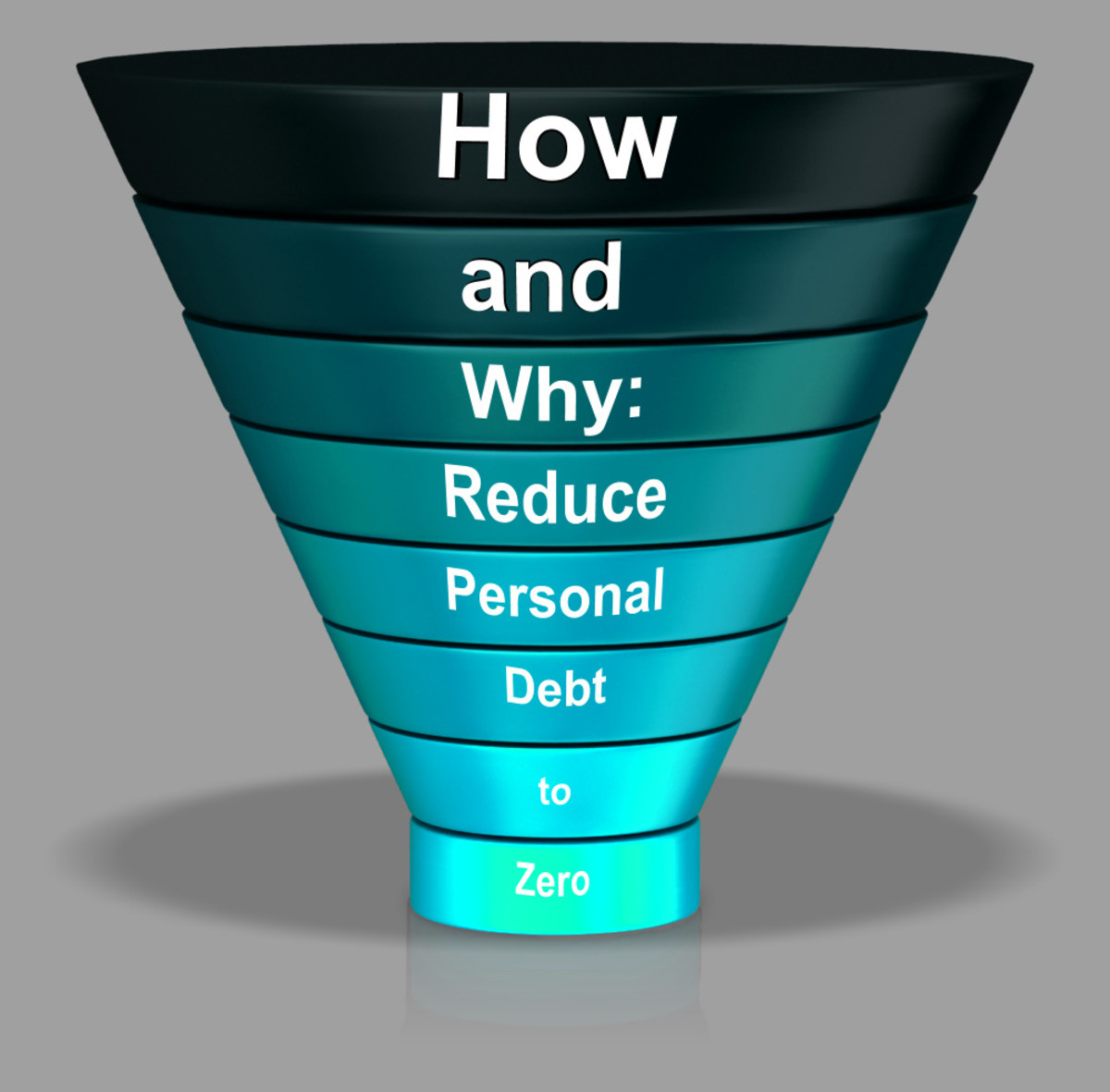7 Strategies for Dealing with Debt Collectors

It’s no secret that millions of Americans are in debt. Many of them are deep in debt and they simply cannot pay the bills that they owe. As a result of this, they are getting daily phone calls from debt collectors who are typically not the nicest or most understanding people out there. But you don’t have to take their rudeness, snide comments or anything else that makes you feel uncomfortable. If debt collectors are calling you all the time and making you feel stressed, here are some strategies you can use to deal with them.
1. Be Truthful
One of the best ways to deal with a debt collector is to just be truthful. Have you recently lost your job and you don’t have an income available to pay your bills? Do you simply have no money left over after you pay your essential bills to pay your credit cards and other bills? Tell the debt collector about that. You don’t have to set up a payment plan so if they try to get you to set one up, just tell them that you will contact them as soon as your financial situation improves and you can begin paying that particular bill once again.
2. Document Everything
Debt collectors can be relentless until they get the answers and the money that they want. But you don’t have to put up with that. There is a point at which it becomes harassment. Debt collectors have to abide by certain guidelines concerning the time they can call, the frequency at which they can call and other regulations. If you have a debt collection company calling you every day or several times a day, start writing down the name of the person, the company they are with, the day and time they call and a brief summary of the conversation. This will be beneficial if you ever decide to go to court and sue the company for harassment.
3. Talk to Your Creditor Early
Debt collectors are usually hired to get involved in the situation because a person has stopped paying and ignoring letters and phone calls from their original creditor. Believe it or not, however, credit card companies and other creditors want to work with you. When they hire creditors, they only get a fraction of what you owe to them. At the first sign that you are going to be in financial trouble, contact the creditors that you won’t be able to pay. They may give you a grace period or lower your payments or interest rates temporarily. If they won’t, you have nothing to lose. But it never hurts to make a couple phone calls to find out. If you can work out something with them, you may even be able to avoid damaging your credit score.
4. Don’t Let It Bother You
Calls from debt collectors can wreak havoc on a person’s self esteem and energy. Most people already feel bad about owing money and not being able to make their payments, but it’s even worse when there are people calling you every day to remind you about it. The important thing to realize is that you are not a bad person simply because you cannot pay your bills. You have hit a temporary financial snag and you will get back on your feet. Instead of getting down or depressed, refocus your energy on increasing your income. Find another job, get a second job, find a way to make money from a hobby or something else to bring more money into your bank account. Before long, you will be able to start paying those bills again and stop those phone calls from debt collectors.
5. Create a Budget
The more information about your situation that you can give a debt collector, the better it is. That’s why you should have a written budget that shows where every dollar goes every month. Show your income, your rent or mortgage, your utility bills, your grocery bill and any other essential bill for the month. Then tell the debt collector about it so they can see that you have no money left over to make payments to them. You can even fax it to them if you’d like.
6. Don’t Ignore Them
The longer you ignore your debt collectors, the worse it is going to be for you. Interest will likely accrue on your debt and you may even be taken to court over your debt if you don’t let the debt collectors know what is going on. While you don’t always have to answer the phone if they are calling your multiple times a day or even several times each week, you should try to talk to them at least every few weeks to keep them updated on your financial situation.
7. Pay When You Can
As soon as you bring up your income to a level where you can pay these other bills, try to negotiate something with the debt collector. Ask if they will accept a lower amount if you are willing to make one lump sum. Many times a debt collector will settle for a fraction of the cost simply to close the case and get some money from you. Other times they will only accept the full payment amount. But you won’t know until you ask. If they won’t accept anything besides the full amount, move on to the next creditor on your list to see if they will accept a settlement amount.
Having your debts turned over to a collection agency doesn’t have to be the end of the world. You can still work with your creditors because they will always prefer to get some money from you rather than none at all. Just be sure that you know your rights as a debtor so you don’t get taken advantage of by an unscrupulous collector.








